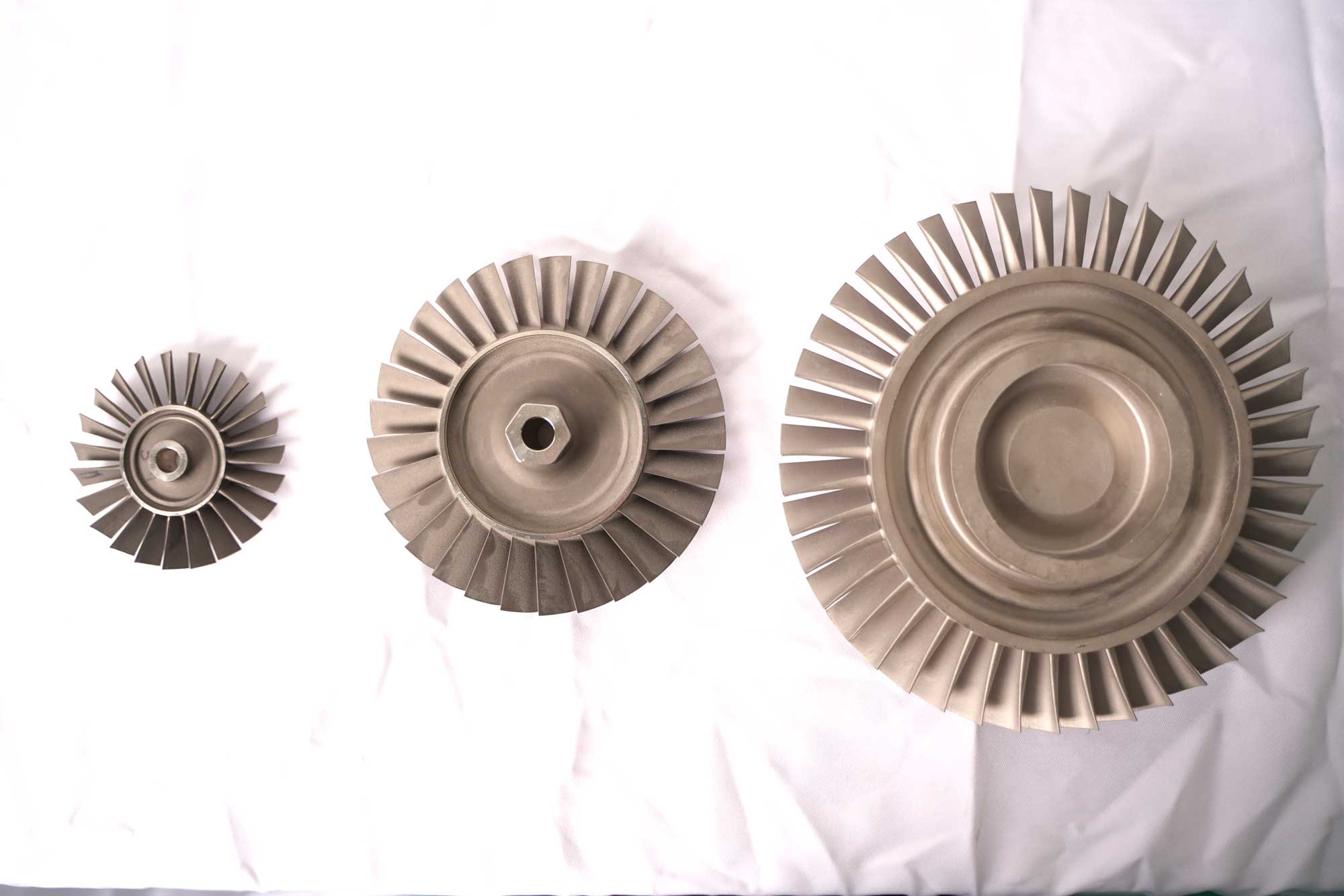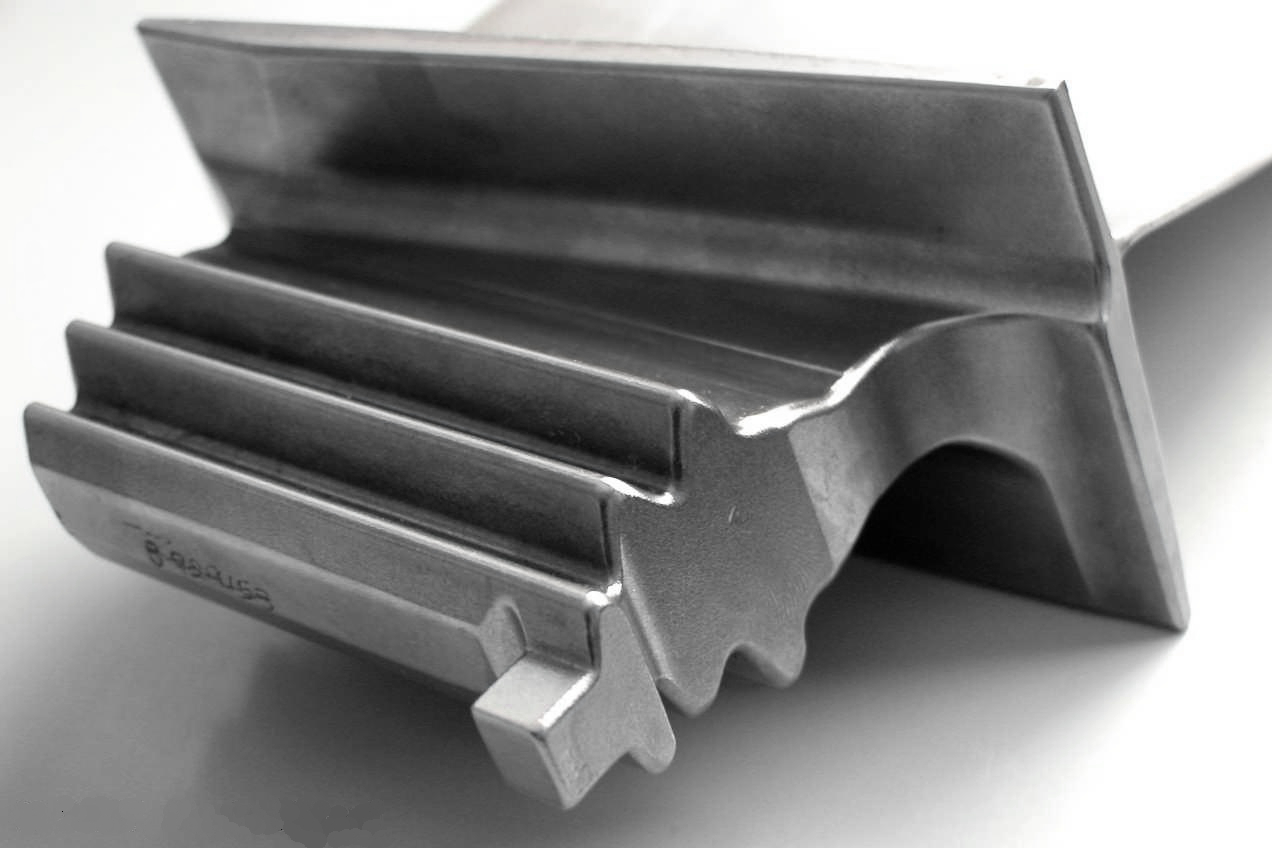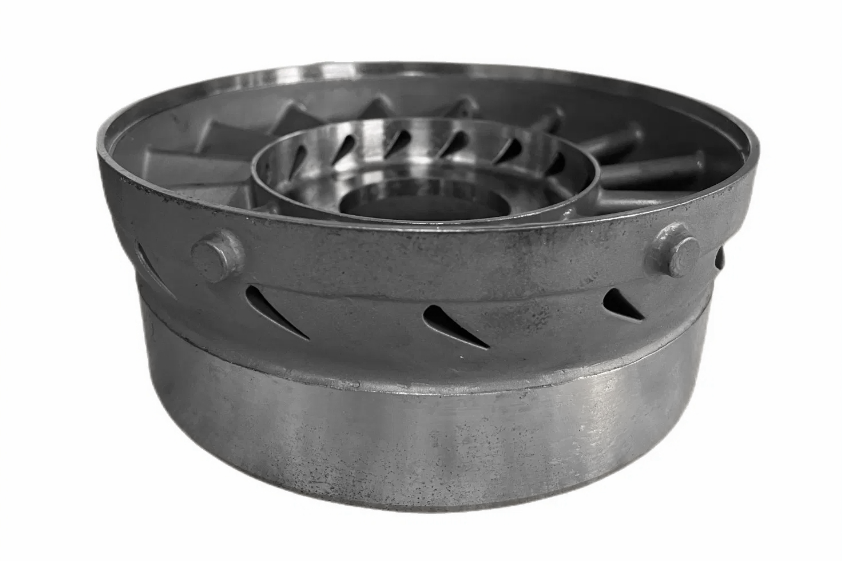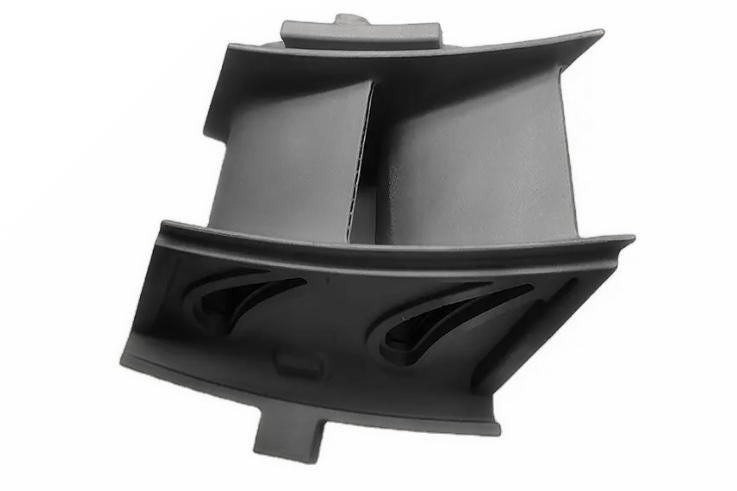Inconel 792
About Inconel 792 Superalloy
Inconel 792, also known as Alloy 792, is a nickel-chromium superalloy renowned for its exceptional high-temperature strength and resistance to fatigue. Equivalent to German DIN 2.4667 and Chinese GB/T 14992: GH792, this alloy performs optimally under extreme mechanical stress.
Its chemical stability and thermal fatigue resistance make Inconel 792 ideal for components in gas turbines and aerospace applications. The alloy exhibits excellent corrosion resistance, especially under cyclic thermal loads, enhancing durability and operational lifespan in harsh environments.
Inconel 792 Basic Introduction
Inconel 792 is a high-performance superalloy designed to withstand extreme temperatures, mechanical stress, and cyclic loads. Its primary composition includes nickel, chromium, cobalt, aluminum, and titanium for improved oxidation resistance and strength.
This alloy is widely used in aerospace turbines, jet engines, and power generation due to its ability to maintain strength and fatigue resistance at elevated temperatures up to 982°C. Its ability to endure thermal fatigue makes it highly effective for applications where performance under cyclic stress is critical.

Alternative Superalloys of Inconel 792
Alternative superalloys to Inconel 792 include Inconel 738, Inconel X-750, and Nimonic 90. These alloys also exhibit high-temperature strength and fatigue resistance.
Inconel 738, with similar thermal fatigue resistance, is often used in gas turbines. Inconel X-750 offers enhanced mechanical stability, particularly in aerospace fasteners. Nimonic 90, known for its creep resistance, is another alternative for applications requiring prolonged exposure to high temperatures.
Inconel 792 Design Intention
The primary design intention behind Inconel 792 is to create an alloy capable of withstanding prolonged thermal cycling without degradation. The alloy balances strength, corrosion resistance, and fatigue performance, making it suitable for high-stress applications.
Designed for use in components exposed to extreme environments, Inconel 792 ensures mechanical reliability in the aerospace, energy, and marine sectors. Its ability to endure cyclic stress while maintaining structural integrity contributes to its widespread application in turbine blades and heat exchangers.
Inconel 792 Chemical Composition
Aluminum and titanium contribute to the alloy's oxidation resistance and strength, while nickel and chromium provide corrosion resistance and thermal stability. Cobalt enhances fatigue resistance for cyclic loading.
Element | Composition (%) |
|---|---|
Nickel (Ni) | 62.0-69.0 |
Chromium (Cr) | 11.5-14.0 |
Aluminum (Al) | 3.0-4.0 |
Titanium (Ti) | 4.0-5.0 |
Iron (Fe) | Balance |
Inconel 792 Physical Properties
Inconel 792 has exceptional thermal conductivity and strength at elevated temperatures, with a high modulus of elasticity for mechanical stability.
Property | Value |
|---|---|
Density (g/cm³) | 8.24 |
Melting Point (°C) | 1390 |
Thermal Conductivity (W/(m·K)) | 10.8 |
Modulus of Elasticity (GPa) | 220 |
Metallographic Structure of Inconel 792 Superalloy
The microstructure of Inconel 792 consists of a face-centered cubic (FCC) matrix with γ' (gamma prime) precipitates, which enhance strength through solid-solution strengthening. The presence of aluminum and titanium promotes the formation of these γ' phases.
During exposure to high temperatures, the alloy's γ' phases prevent grain boundary sliding, improving creep resistance. This stable metallurgical structure ensures superior fatigue performance, which is essential for aerospace and power generation applications.
Inconel 792 Mechanical Properties
The alloy offers high tensile and yield strength, with excellent creep resistance, even at elevated temperatures.
Mechanical Property | Value |
|---|---|
Tensile Strength (MPa) | 1100 |
Yield Strength (MPa) | 930 |
Hardness (HRC) | 40-45 |
Elongation (%) | 10 |
Fatigue Strength (MPa) | 350 |
Key Features of Inconel 792 Superalloy
1. High-Temperature Strength
Inconel 792 maintains mechanical strength up to 982°C, making it ideal for jet engines and turbine components.
2. Superior Fatigue Resistance
The alloy exhibits excellent resistance to cyclic stress, ensuring long-term reliability in turbines subjected to thermal cycling.
3. Corrosion Resistance
Its nickel-chromium composition provides resistance to oxidation and corrosion, enhancing longevity in aggressive environments.
4. Creep Resistance
The alloy's γ' phase strengthens grain boundaries, improving its creep resistance and ensuring durability at elevated temperatures.
5. Versatile Industrial Application
Inconel 792's high-performance suits aerospace, power generation, marine, and other critical industries.
Inconel 792 Superalloy’s Machinability
Inconel 792 Superalloy can be effectively used in Vacuum Investment Casting due to its ability to retain mechanical properties at elevated temperatures. This casting method minimizes oxidation, which is essential for Inconel 792's performance, ensuring superior surface quality and dimensional precision for turbine and aerospace components.
Inconel 792 is unsuitable for Single Crystal Casting since it lacks the refined single-crystal structure to prevent creep under extreme thermal cycling. Its metallurgical properties are optimized for equiaxed structures rather than directional solidification.
Inconel 792 is well-suited for Equiaxed Crystal Casting. This method aligns with the alloy’s natural microstructure, enhancing its fatigue resistance and high-temperature performance, making it ideal for components such as turbine blades.
The alloy can also be used in Superalloy Directional Casting, where its grain alignment properties improve mechanical strength. Directional casting further enhances fatigue life, which is essential for high-stress power generation applications.
Inconel 792 is generally not applied in Powder Metallurgy Turbine Disc manufacturing. Its dense structure and specific metallurgical properties do not align well with powder-based techniques optimized for more intricate designs.
The alloy can be employed in Superalloy Precision Forging to create complex components that require excellent fatigue resistance. Precision forging enhances mechanical properties, making Inconel 792 suitable for aerospace fasteners and structural parts.
Inconel 792 is not yet widely used in Superalloy 3D Printing due to challenges in achieving uniform microstructures. However, ongoing research could open new applications in additive manufacturing.
Inconel 792 performs well in CNC Machining. Its high hardness and fatigue resistance require advanced tools, but it provides precise tolerances, making it ideal for aerospace and turbine components.
The alloy can be used for superalloy welding using suitable techniques to minimize cracking. Inconel 792’s excellent oxidation resistance ensures durable welds in high-temperature environments.
Inconel 792 benefits from Hot Isostatic Pressing (HIP) to eliminate porosity and enhance fatigue resistance. This post-processing technique ensures optimal mechanical properties for aerospace and energy applications.
Inconel 792 Superalloy Applications
In the Aerospace and Aviation sector, Inconel 792 is used in jet engine components such as turbine blades and vanes. Its resistance to thermal fatigue ensures performance under extreme conditions.
In Power Generation, the alloy is ideal for gas turbines, where it maintains strength and corrosion resistance under high temperatures, ensuring long-term reliability.
In the Oil and Gas industry, Inconel 792 is used for downhole components exposed to corrosive environments. Its fatigue resistance supports equipment subjected to high-pressure cycles.
The alloy is also found in energy systems, such as heat exchangers, where it resists oxidation and stress corrosion cracking, enhancing operational efficiency.
In the Marine industry, Inconel 792’s corrosion resistance makes it suitable for exhaust systems and propeller shafts, ensuring durability in saltwater environments.
For the Mining sector, Inconel 792 is utilized in drilling tools and wear-resistant components, offering long service life under abrasive conditions.
In the automotive industry, the alloy is applied to turbocharger components and high-performance exhaust systems due to its ability to withstand extreme temperatures.
In Chemical Processing, Inconel 792 is used in reactors and heat exchangers, offering resistance to corrosive chemicals and thermal stress.
For the Pharmaceutical and Food industries, the alloy provides high corrosion resistance in processing equipment, ensuring product purity and equipment longevity.
In Military and Defense applications, Inconel 792 is used for high-performance engines and missile components, where thermal stability and strength are crucial.
In Nuclear reactors, Inconel 792 ensures safety and reliability in heat exchangers and pressure vessels, where it resists radiation and stress corrosion cracking.
When to Choose Inconel 792 Superalloy
Inconel 792 is an excellent choice for custom superalloy parts where high fatigue resistance, thermal stability, and corrosion resistance are essential. This makes it particularly suitable for aerospace components such as turbine blades, which operate under extreme cyclic stress and high temperatures.
The alloy is also ideal for power generation and chemical processing equipment, where it maintains structural integrity despite exposure to high temperatures and corrosive environments. Choosing Inconel 792 ensures durability, efficiency, and reliability in challenging industrial applications. Custom superalloy parts fabricated from Inconel 792 deliver unmatched performance and longevity for applications requiring specialized superalloy components.



